An estimated 1.8 billion individuals, representing over 24% of the global population, are Muslims, and for them, the terms Halal or Haram matter a lot, especially in what they eat. Consequently, inquiries regarding the Halal status of products become a common practice, especially in medicine.
This presents particular challenges regarding capsules because it is composed of various materials, including Gelatin, which is sourced from animals such as fish, cows, and pigs ( haram in Islam ). So, if you are a Muslim or just a curious person looking to learn about Gelatin haram or not, then you are at the right spot.
➔ Checklist
- 1.What's a Gelatin Capsule?
- 2.What are Soft & hard Gelatin Capsules?
- 3.Pros & Cons of Soft and Hard Gelatin Capsules?
- 4.How soft & hard Gelatin Capsules are made?
- 5.Conclusion
"Gelatin is derived from Collagen, which is a basic protein found in all animal bodies. It's used in foods, medicines, and cosmetics because it can make things gel-like and thicker."
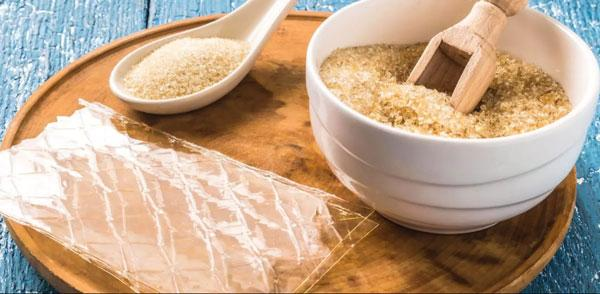
Figure no. 1-What's-Gelatin,-and-where-is-it-used
Gelatin is a translucent and tasteless substance that has been used for centuries in various ways due to its remarkable properties.
When the bones & skin of the animals are boiled in water, Collagen in them is hydrolyzed, and it is converted into a slimy substance called Gelatin - which is then filtered, concentrated, dried, and ground into a fine powde
➔ Uses of Gelatin
Here are the various uses of Gelatin:
i) Sweet Desserts
ii) Main Food Dishes
iii) Medicine and Pharmaceuticals
iv) Photography and Beyond
i) Sweet Desserts
If we look at human history, we find evidence that Gelatin was first used for kitchen purposes - from ancient times, it has been used to make jellies, gummy candies, cakes, etc. The unique property of Gelatin forms a solid jelly-like structure when cooled, which makes it ideal for these delightful treats. Have you ever enjoyed a wobbly and delicious jelly dessert? That's Gelatin at work!
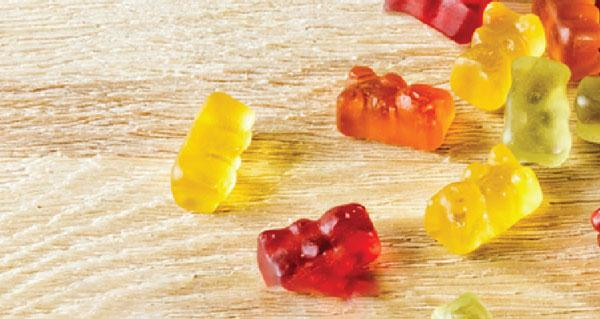
Figure no 2-Culinary-Delights-and-Culinary-Creations
ii) Main Food Dishes
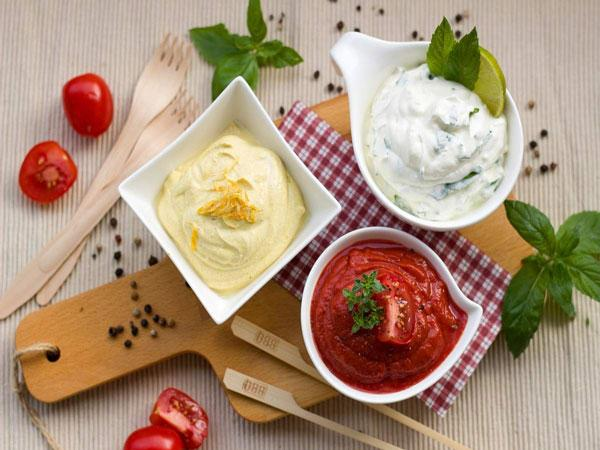
Figure no 3 Food Science and Culinary Techniques
Besides making wobbly jellies and frosty cakes, gelation also helps to thicken daily life sauces and all kinds of soups/gravies. Chefs also use Gelatin to clarify broths and consommés, making them crystal clear. Moreover, Gelatin stabilizes whipped cream, preventing it from deflating and maintaining its fluffy goodness.
iii) Medicine and Pharmaceuticals
Now, let's connect Gelatin to medicine - all the capsules containing medicine in the market are made out of Gelatin. These capsules encapsulate various medications and supplements in liquid and solid form, allowing for precise dosing and easy ingestion. Gelatin capsules dissolve quickly in the stomach, aiding the release of the enclosed medication.
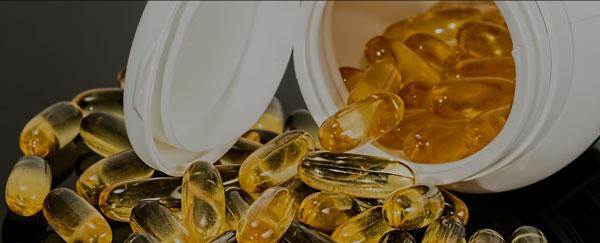
Figure no 4-Gelatin-Medicine-and-Pharmaceuticals
iv) Photography and Beyond

Figure no 5-Photography-and-Beyond
If you ever had a chance to hold a negative film in your hand, you must know that its soft & rubbery feel is a gelation layer. Actually, Gelatin is used to hold light-sensitive materials such as silver halide on this plastic or paper film. Plus, Gelatin acts as a porous layer for developers, toners, fixers, and other chemicals without disturbing the light-sensitive crystal in it - From the old times to this day, Gelatin is the most used substance in photography.
2) From which animals Bovine & Fish Gelatin is derived?
Globally, Gelatin is made from;
- Fish
- Cows
- Pigs
The gelatin derived from cows or calves is known as bovine gelatin and is often derived from their bones. On the other hand, fish Gelatin is obtained from the collagen present in fish skins, bones, and scales. Last but not least, pig gelatin is a distinct type and is likewise derived from bones and skin.
Among these, bovine Gelatin stands out as the more prevalent type and finds extensive use in a diverse range of food items, including marshmallows, gummy bears, and jello.
Conversely, while less common, fish Gelatin is gaining traction as an increasingly popular option, particularly among those seeking vegetarian and halal alternatives to bovine Gelatin.
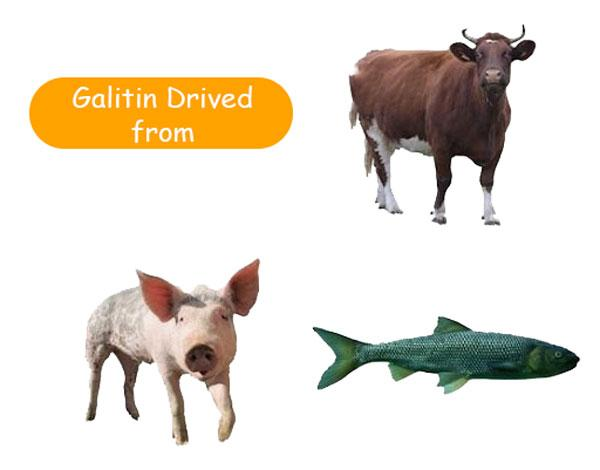
Figure no 6-From-which-animals-Bovine-&-Fish-Gelatin-is-derived
3) Is Gelatin Halal or not in Islam?
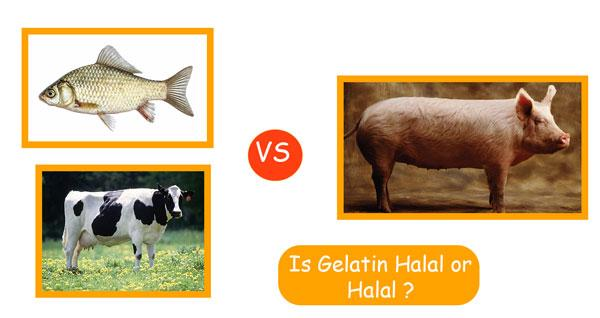
Figure no 7 What is the status of Gelatin Islam - Is it Halal or not
Gelatin's permissibility (halal) or prohibition (haram) in Islamic dietary guidelines is determined by two factors.
- •The first factor is the source of the Gelatin – it is considered halal when derived from allowed animals like cows, camels, sheep, fish, etc. Vegetable and artificial Gelatin is also permissible. While Gelatin from forbidden animals, like pigs, remains unlawful.
- •Also depends on whether the animal is slaughtered according to Islamic principles ( there is a controversy on this issue ).
Allah's generosity provides a wide range of permissible sustenance for His servants. He commands, "O mankind! Consume what is permissible and nourishing on the land..." (Al-Baqarah: 168). However, He prohibits certain harmful foods: "...except it is carrion or blood poured forth, or swine flesh..." (Al-An'aam: 145).
Dr. Suaad Salih ( Al-Azhar University ) and other well-known academics have said that gelatin is permissible to consume if it is derived from halal animals like cows and sheep. This aligns with the teachings of Prophet Muhammad (peace be upon him), who advised against eating animals with fangs, birds of prey, and domesticated donkeys.
Furthermore, Sheikh Abdus-Sattar F. Sa'eed states that Gelatin is halal if it is made from halal animals that are slaughtered using Islamic principles & Islamic persons. However, Gelatin from animals slaughtered improperly, such as using methods such as electric shock, is Haram.
Regarding fish, If it is from one of the permitted species, gelatin manufactured from it is Halal.
However, due to the high likelihood that the gelatin's source is pork, it is forbidden in Islam if it is not specified.
Lastly, some people debate that when animal bones are heated, they undergo a complete transformation, so it doesn’t matter if the animal is halal or not. However, almost all schools in Islam clearly state that the heating is not enough to give it a complete transformation status, so gelation made out of haram animals is haram in Islam.
4) Advantages of Halal Bovine and Fish Gelatins?
Following are the Benefits of Halal Bovine Gelatin and fish Gelatin;
+ Fish Gelatin is the best alternative for pescatarians ( a kind of vegetarian ).
+ Adhere to Islamic dietary guidelines, ensuring they are permissible and suitable for Muslim consumption.
+ Easily digestible and can contribute to a smoother digestive process for individuals with sensitive stomachs.
+ Gelatins contribute to desirable textures and mouthfeel in food products, enhancing the sensory experience for consumers.
+ Halal Gelatins cater to a diverse consumer base, promoting cultural inclusivity and accommodating various dietary preferences.
+ Are virtually tasteless and odorless, making them ideal for a wide range of culinary applications without affecting the overall flavor of dishes.
+ Fish Gelatin halal derived from responsibly sourced fish by-products can contribute to reduced waste and support more sustainable food production practices.
+ Gelatins, including Halal Bovine and Fish types, contain collagen-derived proteins supporting joint health, skin health, and connective tissue function.
+ People looking for Halal-certified products can feel reassured because Halal Bovine and Fish Gelatins are made and certified according to Islamic standards.
5) How can you verify the usage of Halal Gelatine?
The availability of Halal Gelatine may vary based on your location and the specific products you are looking for. If you're unsure, talk to people who know a lot in your community and do thorough research to ensure the Gelatin you use follows your Halal dietary choices.
Below are a few tips & tricks to find out if your Gelatin is halal or not;
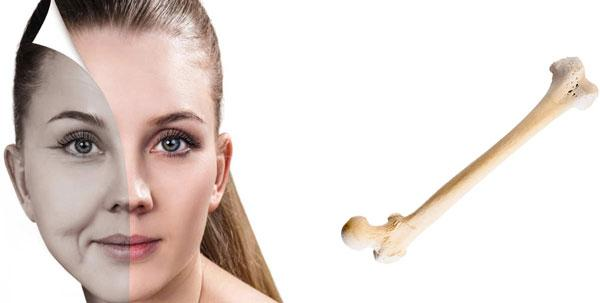
Figure no 8-What-are-the-Benefits-Of-Halal-Bovine-&-Fish-Gelatins
➢ Look for products labeled "Halal" by reputable certifying bodies or organizations. Lots of food items show special Halal certification symbols or labels on their packages. Many food products display official Halal certification symbols or labels on their packaging.
➢ Ask the manufacturer directly to inquire about the Halal status of their Gelatine products. They should give you details about how they get and certify their products.
➢ Check the recipe on the packaging: If it is mentioned that it is derived from halal animals like cattle and fish, then it is halal to eat. If pigs are mentioned, or no animal is listed, then it is probably haram and of poor quality.
➢ Research the Gelatine manufacturer: Esteemed companies often share comprehensive details about their sourcing and Gelatin manufacturing methods on their websites.
➢ Seek guidance from your local mosque, Islamic center, or religious authorities. They can provide information about specific Halal certification bodies and which products are considered Halal.
➢ Opt for products with official Halal certification from recognized organizations. These certifications ensure that the product has met strict Halal standards and requirements.
Educate yourself about Halal dietary guidelines and Gelatine sources that are permissible so you can make the right decision for yourself at the scene.
➔ Conclusion
Many companies might claim to produce Halal Gelatin without following the proper guidelines. However, we address this concern at Yasin by carefully crafting Halal Gelatin in strict alignment with Islamic principles, selecting raw materials, and overseeing the production process. Our products proudly bear the Halal certification mark, clearly stated on our packaging.
Post time: Aug-29-2023






